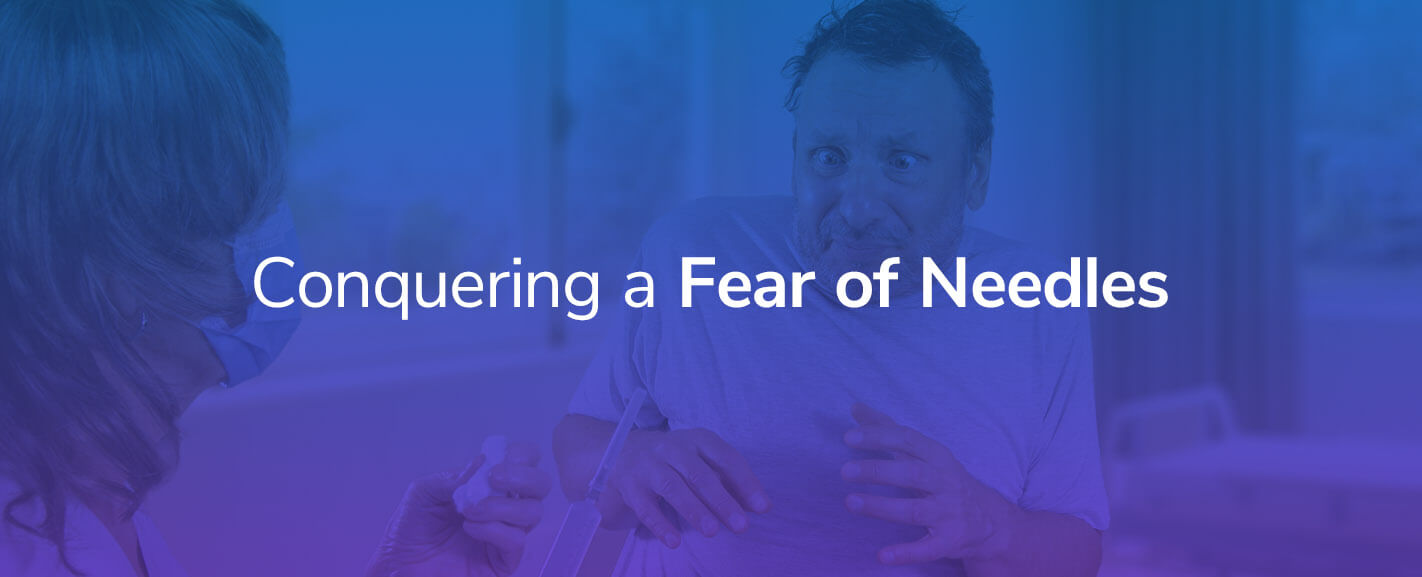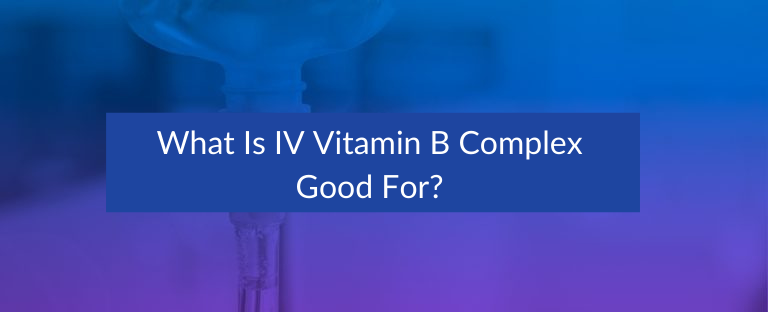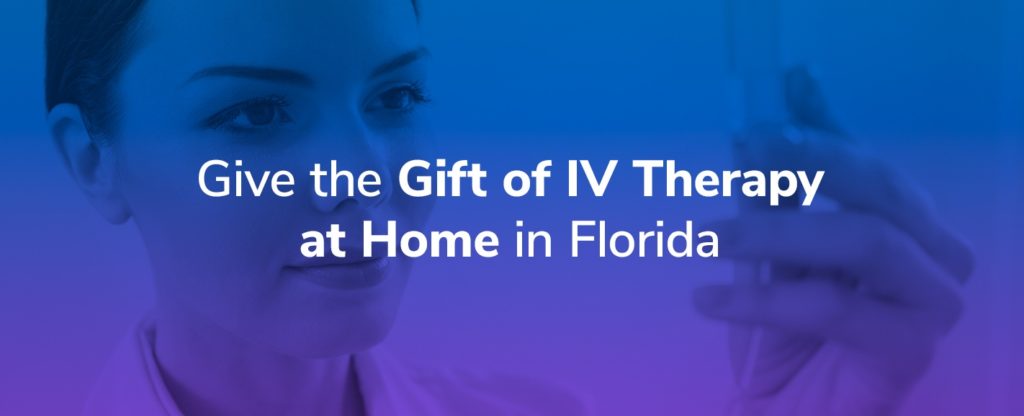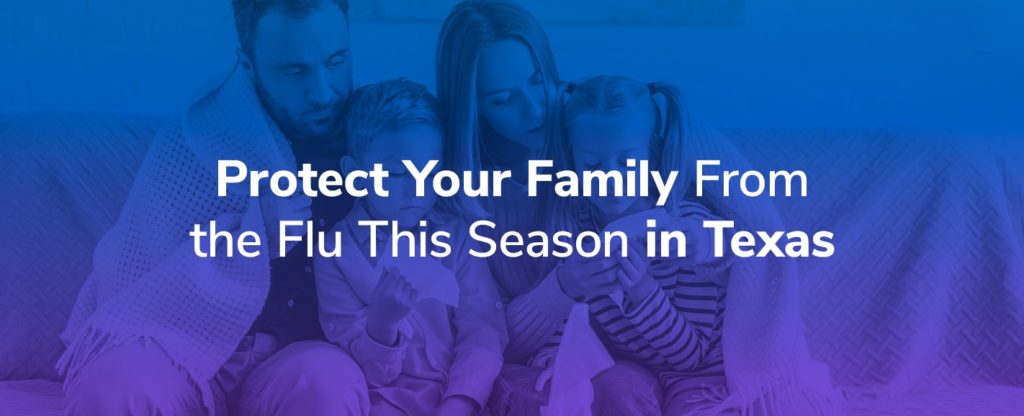Needles are an essential part of medical services. They deliver necessary medications and fluids to the bloodstream to save lives, keep people healthy, fight infections and rehydrate individuals. However, needles also frequently invoke intense anxiety.
When you are afraid of needles, the uncomfortable symptoms and reactions you experience may lead to avoiding critical medical appointments, procedures and vaccinations. With some practical coping techniques, it is possible to overcome a fear of needles and become more comfortable receiving injections.
Trypanophobia: A Fear of Needles
Trypanophobia is an intense and overwhelming fear of needles, specifically ones you encounter in medical settings. While it’s a common phobia, it can hinder your ability to seek medical care when needed. The intense fear that accompanies trypanophobia may cause you to avoid:
- Doctor’s appointments.
- Blood draws.
- Vaccines.
- Intravenous (IV) medications and fluids.
- Medical procedures.
Trypanophobia can cause severe or debilitating anxiety. If you are scared of needles, you may experience the following symptoms:
- Panic attacks
- Dizziness or fainting
- Insomnia
- Nausea
- Vomiting
- Temporary increased heart rate or blood pressure
- Heart palpitations
Trypanophobia is most common in children and while some people lose their fear of needles as they grow older, others carry their fear into adulthood. A 2019 study on needle fear revealed that approximately 16% of adult patients avoid receiving an influenza vaccine because of trypanophobia.
What Can Cause a Fear of Needles?
Various experiences and factors can lead to developing a needle phobia. People with trypanophobia may also have other phobias related to medical settings such as mysophobia or hypochondria. Mysophobia is also known as germaphobia, a fear of disease-causing microorganisms. Hypochondria is a psychiatric disorder that causes individuals to fear developing a serious illness.
Anxiety disorders like generalized anxiety disorder (GAD) and obsessive-compulsive disorder (OCD) can also contribute to a needle phobia. Additionally, genetics can play a role — if you have a family history of trypanophobia, you may have a higher chance of developing this fear. The following factors can contribute to trypanophobia:
- Trauma: A person with a needle phobia may have had negative experiences or traumatic events with needles in the past. Seeing needles can trigger some individuals to recall negative emotions or traumatic memories they associate with needles.
- Vasovagal reactions: Some people pass out or faint when they see a needle or receive an injection. They may avoid needles to prevent these involuntary physical reactions.
- Hyperalgesia: Hyperalgesia is hypersensitivity to pain. Even small needles can cause significant pain with this condition and trigger a needle phobia.
- Merinthophobia: Merinthophobia is a fear of restrainment. Receiving an injection can trigger this fear.
8 Tips to Overcome a Fear of Needles
If you have trypanophobia and need a vaccine, IV therapy or procedure, you may wonder how to get over a fear of needles. To overcome this phobia and decrease your anxiety during procedures and therapies involving needles, you can try the following coping techniques:
1. Cognitive Behavioral Therapy
Cognitive behavioral therapy (CBT) is a form of talk therapy. During CBT, a therapist will help you talk through your fear of needles and shift your perspective. They can help you develop new coping techniques to control your symptoms and give you a new way of thinking about needles and your fear of them.
2. Exposure Therapy
A therapist can also walk you through exposure therapy to reduce your mental and physical reactions to needles. Through exposure therapy, you gradually expose yourself to your fear until it becomes more familiar and loses some of its effect on you. You may look at pictures of needles, hold a needle in your hand or stand near one. Over time, the goal is to get used to looking at and being around needles so that your fear loses its strength.
3. Talk to Your Nurse or Doctor
Talking with your nurse or doctor about your fear of needles when you need an injection can help to ease your anxiety. They can talk you through the process to help you feel calm and comfortable. They may also have some coping techniques to offer, and simply talking with them during an injection can provide some distraction to take your mind off of the needle.
4. Bring Someone to Support You
Having someone you know and trust with you can ease your anxiety in uncomfortable situations. Whether they hold your hand during an injection, talk to you or simply sit with you, the presence of a supportive person can help you feel calm. Consider asking a friend or family member to accompany you during your next injection.
5. Use a Topical Anesthetic
If most of your fear stems from the anticipation of pain, you can ask your doctor or nurse if they offer a topical numbing cream or spray. A topical anesthetic can make you more comfortable when you receive an injection or IV line. A topical cream or spray can numb the area on your skin where the needle enters, reducing the pain you feel during the process.
6. Use Breathing Techniques
You can try some simple breathing techniques to keep calm during your next injection or IV. Take some slow, deep breaths and focus on the air entering and exiting your lungs. Notice how your chest rises and falls with each breath. Devoting your attention to taking deep, even breaths will help regulate your nervous system and help you feel calmer.
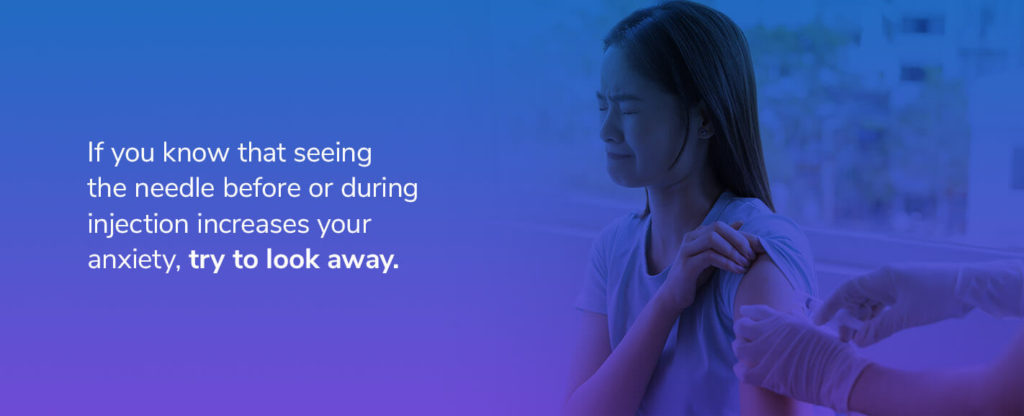
7. Look Away
Sometimes, simply seeing a needle is enough to trigger the fear and symptoms of trypanophobia. If you know that seeing the needle before or during injection increases your anxiety, try to look away. Turn your head away from the injection site and close your eyes. It may also help to combine this coping technique with deep breathing.
8. Distract Yourself
If looking away and focusing on your breath doesn’t take your mind off your fear, try distracting yourself. Check social media on your phone, watch some entertaining videos or text a friend. You can also strike up an interesting conversation with your nurse or doctor. Ask them if they have any pets or where their favorite place to travel is. Most practitioners are used to people with a fear of needles and are happy to help take your mind off of what’s happening.
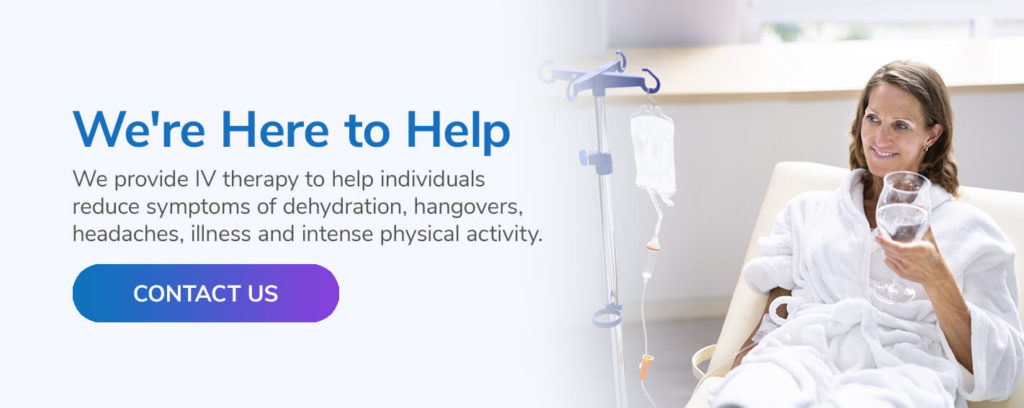
We’re Here to Help
Needles are incredibly beneficial to your health. They can deliver essential fluids and medications to hydrate the body, improve health and save lives. Even so, our team at Mobile IV Medics understands that needles can invoke fear, anxiety and uncomfortable reactions. That’s why we strive to provide the most comfortable IV services possible. Our health care professionals are trained to help you through the process for an easy, comfortable experience.
We provide IV therapy to help individuals reduce symptoms of dehydration, hangovers, headaches, illness and intense physical activity. We deliver IV therapy in your house, so you can relax and receive treatment in the comfort of your own home for a positive experience. To help you feel more comfortable during your experience, we will walk you through the process every step of the way.
Contact Mobile IV Medics to learn more about our IV therapy options and book an appointment.
